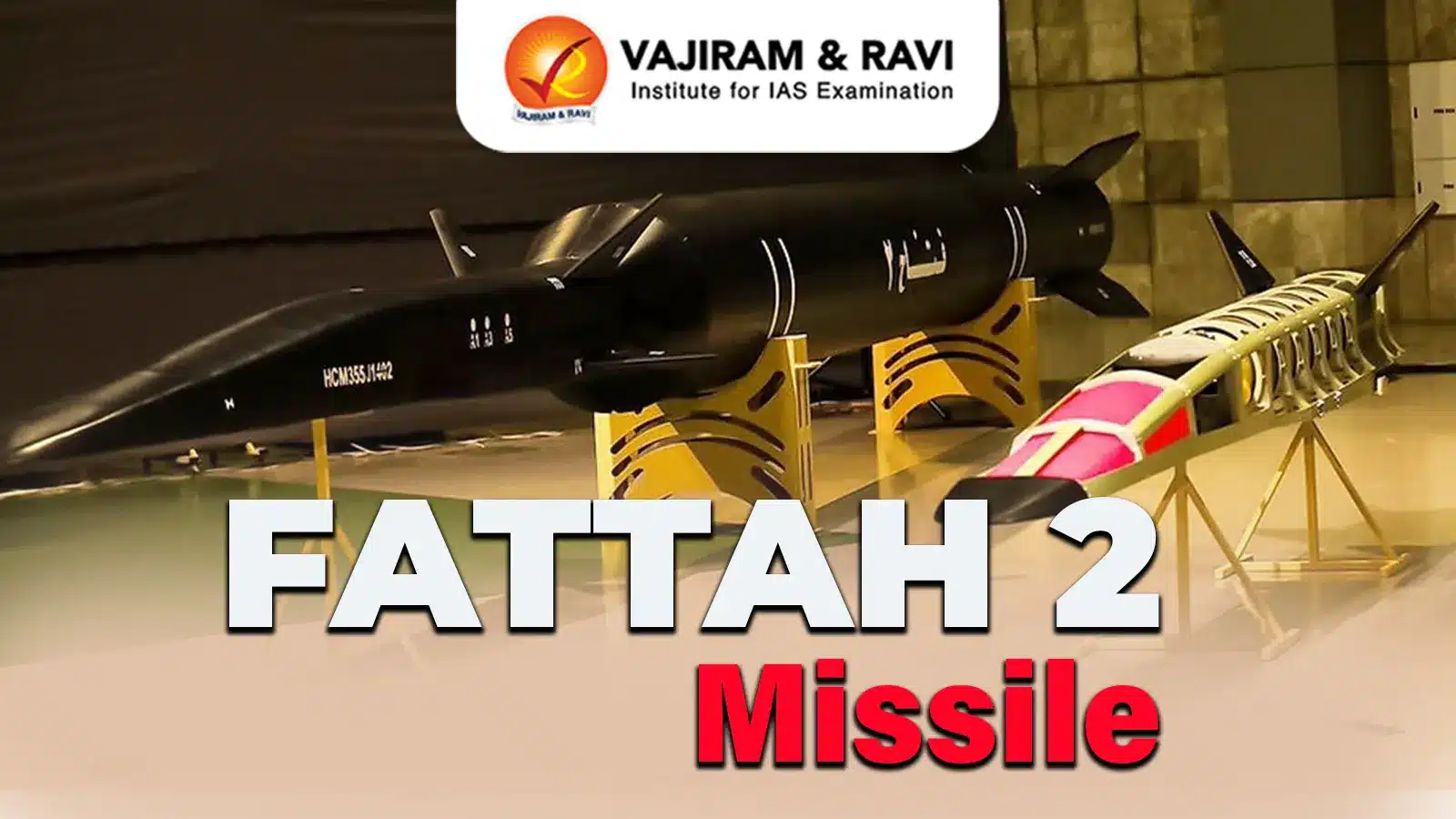New Cybersecurity Initiatives:
- Cyber Fraud Mitigation Centre (CFMC):
- CFMC has been established at the Indian cybercrime Coordination Centre (14C) in New Delhi with representatives of major banks, Financial Intermediaries, Payment Aggregators, Telecom Service Providers, IT Intermediaries, and States/UTs Law Enforcement Agencies (LEAs).
- They will work together for immediate action and seamless cooperation to tackle online financial crimes.
- CFMC will serve as an example of “Cooperative Federalism” in law enforcement.
- Samanvaya Platform (Joint Cybercrime Investigation Facilitation System): It is a web-based module to act as a One Stop Portal for data repository of cybercrime, data sharing, crime mapping, data analytics, cooperation, and coordination platform for LEAs across the country.
- ‘Cyber Commandos’ Program:
- Under this program, a special wing of trained ‘Cyber Commandos’ in States/UTs and Central Police Organizations (CPOs) will be established to counter threats of cyber security landscape in the country.
- Trained Cyber Commandos will assist States/UTs and Central Agencies in securing the digital space.
- Suspect Registry: It is a new initiative to strengthen fraud risk management by creating a registry of identifiers based on the National Cybercrime Reporting Portal in collaboration with banks and financial intermediaries.
Key Facts about Indian Cyber Crime Coordination Centre (I4C):
- I4C has been established under the Ministry of Home Affairs (MHA) to deal with cybercrime in the country in a coordinated and comprehensive manner.
- The I4C focuses on tackling issues related to cybercrime for citizens, including improving coordination between various LEAs and stakeholders.
- The centre is located in New Delhi.
- Functions:
- To act as a nodal point in the fight against cybercrime.
- Identify the research problems and needs of LEAs and take up R&D activities in developing new technologies and forensic tools in collaboration with academia / research institutes within India and abroad.
- To prevent misuse of cyberspace for furthering the cause of extremist and terrorist groups.
- Suggest amendments, if required, in cyber laws to keep pace with fast changing technologies and international cooperation.
- To coordinate all activities related to the implementation of Mutual Legal Assistance Treaties (MLAT)with other countries related to cybercrimes in consultation with the concerned nodal authority in MHA.
- Components of I4C:
- National Cybercrime Threat Analytics Unit (TAU): For reporting threats pertaining to cybercrimes at regular intervals.
- National Cybercrime Reporting Portal (NCRP): To report various cybercrime complaints by citizens at all India level on a common platform on a 24×7 basis from “anywhere, anytime”.
- National Cybercrime Training Centre (NCTC): To impart training to government officials, especially state law enforcement agencies.
- National Cybercrime Research and Innovation Centre: To carry out research for the development of indigenous tools for the prevention of cybercrimes.
- Platform for Joint Cyber Crime Coordination Team: For coordination, sharing of modus operandi of cybercrimes, data/information among states/UTs LEAs.
- Cybercrime Ecosystem Management Unit: For creating mass awareness in cyber hygiene for prevention of cybercrimes.
- National Cybercrime Forensic Laboratory (Investigation) Ecosystem: For helping LEAs in cyber forensics investigation.
- I4C brings together academia, industry, public and government in the prevention, detection, investigation, and prosecution of cybercrimes.
- I4C has envisaged the Cyber Crime Volunteers Program to bring together citizens with passion to serve the nation on a single platform and contribute in fight against cybercrime in the country.
Q1: What is the Indian Computer Emergency Response Team (CERT-In)?
It is the national nodal agency for responding to computer security incidents as and when they occur. It is a functional organisation of the Ministry of Information & Electronics Technology, Government of India, with the objective of securing Indian cyberspace. CERT-In has been operational since January 2004. The constituency of CERT-In is the Indian cyber community and Indian cyberspace.
Source: ‘National Security Not Possible without Cybersecurity’: Amit Shah Launches Four Key Initiatives
Last updated on June, 2025
→ UPSC Notification 2025 was released on 22nd January 2025.
→ UPSC Prelims Result 2025 is out now for the CSE held on 25 May 2025.
→ UPSC Prelims Question Paper 2025 and Unofficial Prelims Answer Key 2025 are available now.
→ UPSC Calendar 2026 is released on 15th May, 2025.
→ The UPSC Vacancy 2025 were released 1129, out of which 979 were for UPSC CSE and remaining 150 are for UPSC IFoS.
→ UPSC Mains 2025 will be conducted on 22nd August 2025.
→ UPSC Prelims 2026 will be conducted on 24th May, 2026 & UPSC Mains 2026 will be conducted on 21st August 2026.
→ The UPSC Selection Process is of 3 stages-Prelims, Mains and Interview.
→ UPSC Result 2024 is released with latest UPSC Marksheet 2024. Check Now!
→ UPSC Toppers List 2024 is released now. Shakti Dubey is UPSC AIR 1 2024 Topper.
→ Also check Best IAS Coaching in Delhi
























